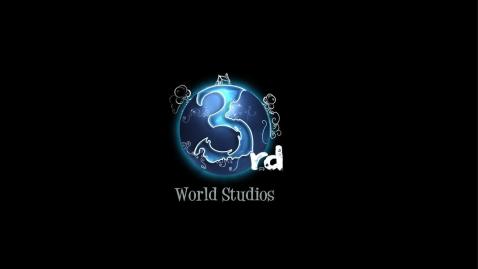Understanding Allah and Om: A Comprehensive Guide
When delving into the realms of spirituality and religion, two names often stand out: Allah and Om. These terms, while seemingly distinct, share a profound connection that transcends cultural and religious boundaries. In this article, we will explore the origins, meanings, and significance of Allah and Om, providing you with a comprehensive understanding of these powerful symbols.
Origins of Allah

Almighty Allah is the central deity in Islam, a monotheistic religion that originated in the 7th century CE. The word “Allah” is derived from the Arabic language and translates to “the God” in English. It is important to note that Allah is not a proper noun, but rather a common noun used to refer to the one true God.
Meaning of Allah

Almighty Allah is often described as the creator, sustainer, and protector of the universe. Muslims believe that Allah is all-powerful, all-knowing, and all-present, and that He is the ultimate source of all good. The concept of Allah is central to Islamic teachings, and Muslims recite the Shahada, or declaration of faith, which states, “There is no god but Allah, and Muhammad is the messenger of Allah.”
Origins of Om

Om, also known as Aum or Omkar, is a sacred sound and mantra in Hinduism, one of the oldest religions in the world. The origins of Om can be traced back to the Vedic period, which dates back to around 1500 BCE. Om is considered to be the primordial sound from which the universe was created.
Meaning of Om
In Hinduism, Om is believed to be the universal sound that represents the essence of the universe. It is considered to be the source of all creation and the ultimate reality. Om is often chanted during meditation, yoga, and other spiritual practices to invoke divine energy and achieve spiritual enlightenment.
Comparing Allah and Om
While Allah and Om are both associated with the concept of the divine, there are some key differences between the two.
| Aspect | Allah | Om |
|---|---|---|
| Religion | Islam | Hinduism |
| Meaning | The one true God | The universal sound representing the essence of the universe |
| Usage | Chanted during prayers and rituals | Chanted during meditation, yoga, and other spiritual practices |
Despite these differences, both Allah and Om are revered as sacred symbols in their respective religions. They represent the divine presence and the ultimate reality, and they are used to invoke divine energy and achieve spiritual enlightenment.
Significance of Allah and Om
The significance of Allah and Om cannot be overstated. Both symbols have played a crucial role in shaping the spiritual and cultural landscapes of their respective religions.
Allah is the central figure in Islam, and the concept of Allah has had a profound impact on the lives of millions of Muslims around the world. The belief in Allah as the one true God has provided Muslims with a sense of purpose, guidance, and moral compass.
Om, on the other hand, has been a source of spiritual inspiration for Hindus for centuries. The chanting of Om is believed to purify the mind, calm the body, and connect the individual to the divine. Om has also been used as a symbol of unity and peace, transcending religious and cultural boundaries.
Conclusion
In conclusion, Allah and Om are two powerful symbols that hold immense significance in their respective religions. While they may have different origins and meanings, both symbols represent the divine presence and the ultimate reality. By understanding the origins, meanings, and significance of Allah and Om, we can gain a deeper appreciation for the rich tapestry of spiritual traditions that exist in our world.



